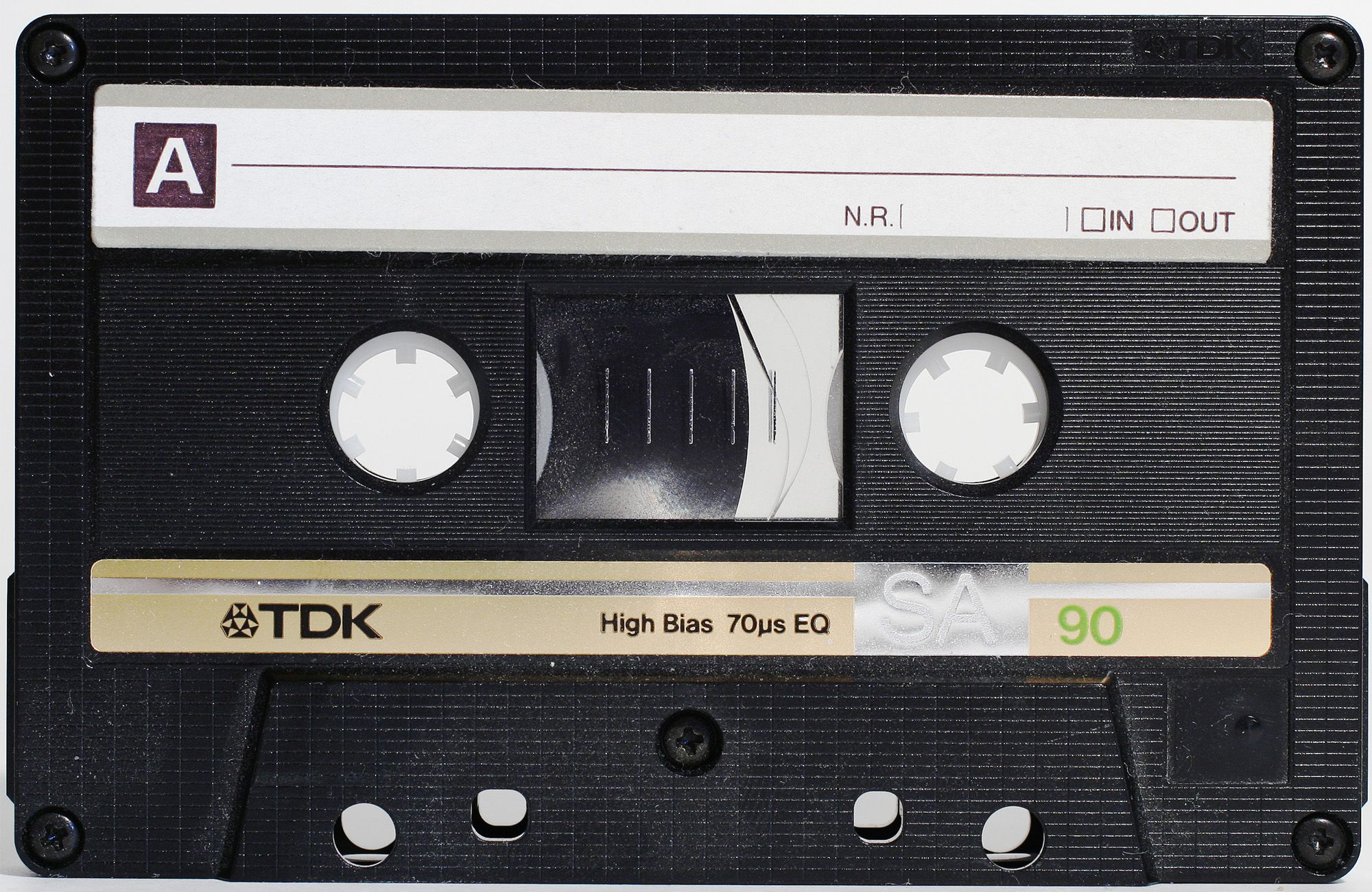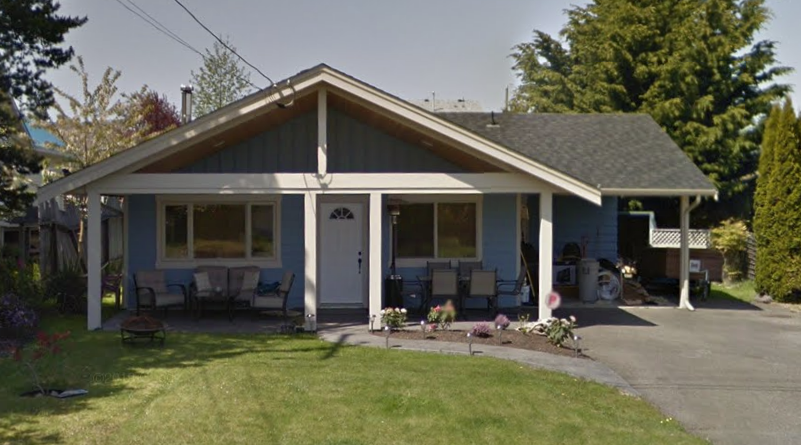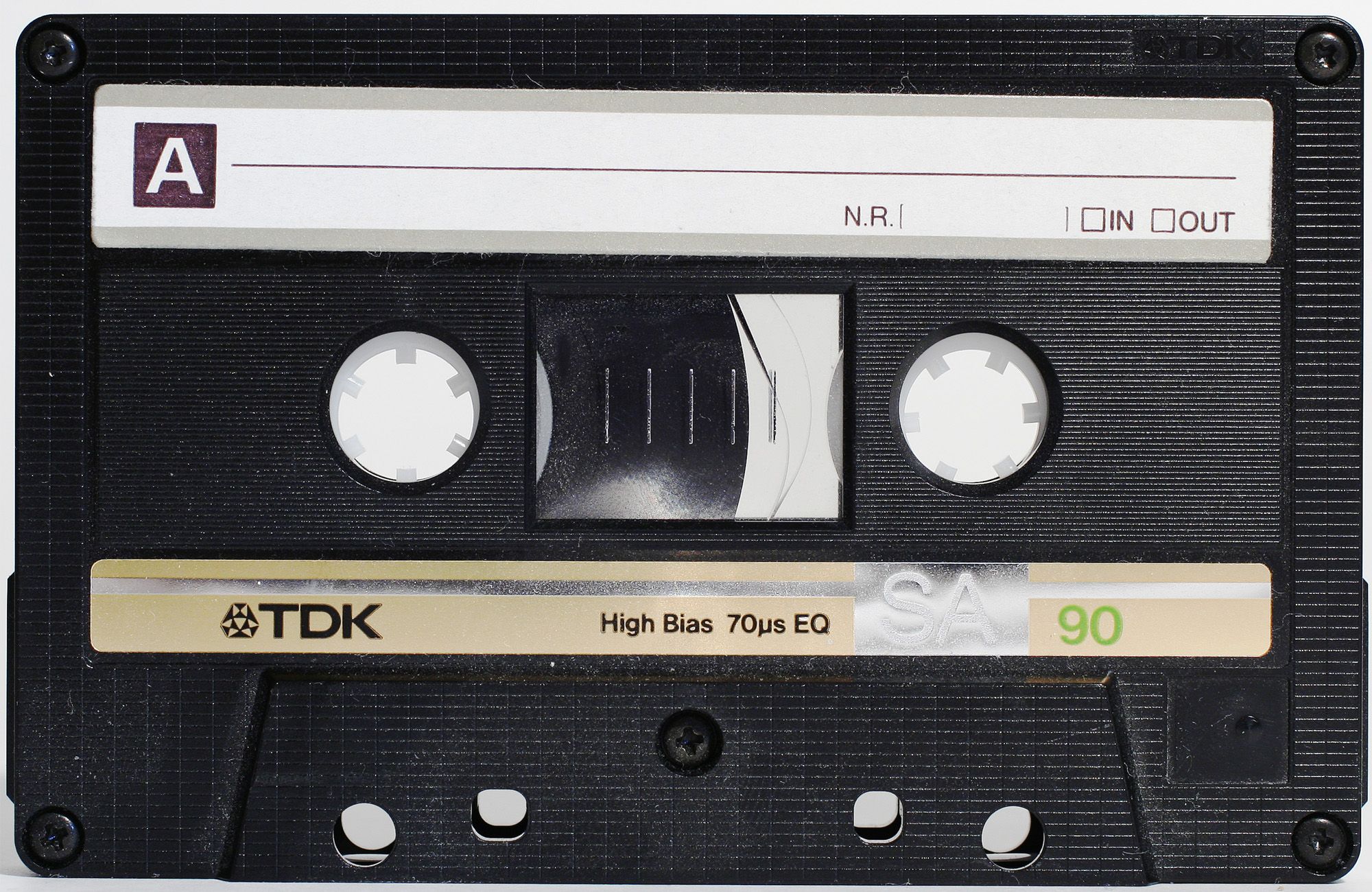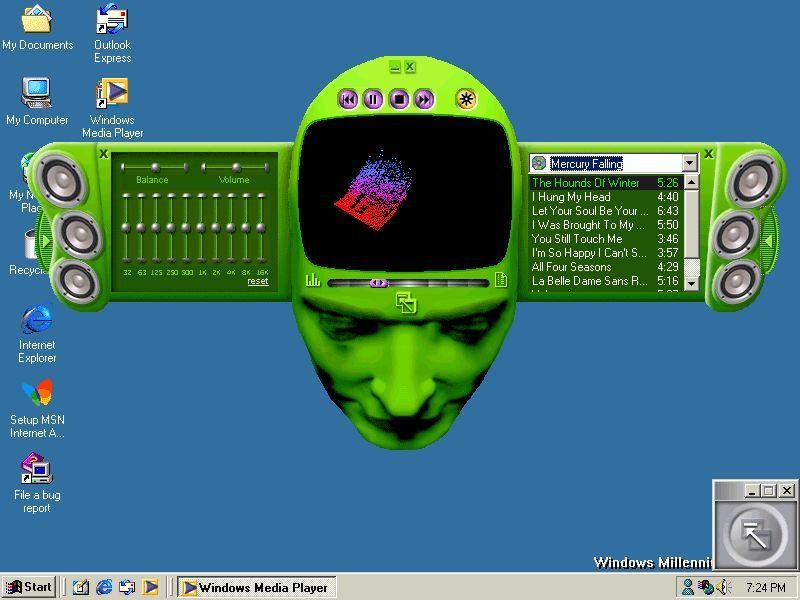Never Give Up
Ever get frustrated when you can't remember the name of a song? Here's my story of a 30-year obsession to get an answer.

Today, I'm sharing a story of tenacity, grit, and determination – of relentless pursuit and closure. It's about a mystery that took me thirty years to solve.
The 80s
In the summer of '84, I made a deal with my Mom to dig up weeds in our backyard for $70. We were a family of little means, just her and I, and she wasn't too keen on allowances. But Mom always appreciated a strong work ethic; in her mind, any contribution a 9 year old was willing to make deserved compensation.
As you might imagine, it was back-breaking work for a 9 year old kid. I was small for my age and, realistically, there's only so much you can do with a spade. Bit by bit, I chipped away at those vines over the course of the summer, looking for small ways to make the task less tortuous. I took regular breaks and set a hard stop at 5:00pm. I stayed hydrated, thanks to Mom's lemonade. And I quickly discovered how valuable music was – a distraction that accelerated time – and so kept my little tape deck/radio tuned to a local pop station.

One morning, while buried in roots, I heard something infectious. The rhythms and melodies crackling out of the a.m. radio made my eyes grow wide.
What. was. that. song?
I raced to the front of the house, burst through the door, wove down the hallway to my room, frantically grabbed the first cassette tape I could put my hands on, rushed back outside to the tape deck/radio, slammed the tape in, and pressed the orange Record button.

By this point, half the song was gone. I listened to what remained, nodding my head to the rhythm, and felt certain I had enough to identify it. I lost a lot of time that day, re-winding the clip in-between pulling roots, forever burning it into my brain.
Turn up the music
Turn down the lights
Turn up the music
Turn on the night
The 80s, however, did me no favors in turning up the artist. No record store knew what I was talking about, and my (lack of a) singing voice didn't help. Radio stations offered little assistance – even after I held my tape player up to the phone, forcing them to listen to the badly muffled recording. To improve my chances, I made sure every paper route I rode and every side job I took allowed me radio access, on the off-chance a station would play it again, revealing the artist and song title to me.
I never heard that song over the airwaves again.
The 90s
Ten years later, I was attending Malaspina College (now Vancouver Island University) and spending most of my time on a newly discovered system called called the "Internet." Via a VAX/VMS system, I sent my first emails in PINE and learned of the Usenet through TIN. Thanks to groups like alt.music, I became increasingly aware of online communities focused around specific interests.
"Surely there are others like me," I thought, "armchair investigators hell-bent on identifying mysterious songs". Alas, music detectives were far and few between. in those days. Any attempts to kick off a collaborative research effort fell on deaf ears. So, I moved from the Usenet to the World Wide Web.

Search was a wild west in the 90s. HotBot, AltaVista, Webcrawler, and Yahoo! became my regular starting points to explore a vast sprawling network of online knowledge. These search engines led me to music fan sites, but no keyword search turned anything up that alluded to the mystery song from a decade prior. All I had to go on were the lyrics, and the lyrics just weren't producing any search results.
Turn up the music
Turn down the lights
Turn up the music
Turn on the night
As the 90s carried on, a host of distractions grew. I met my future wife online (also thanks to the Usenet, via rec.arts.disney), moved to the United States, got married, had kids, and started a career in web development. The hustle of family life & career took precedence over all else. Childhood memories – and the music that infused it – were relegated to boxes in a dirty corner of the garage.
Sometime in late 1998, I set up an FTP site to exchange training materials on web development with students (a side-hustle at the time). One day, I discovered a file I didn't recognize. The extension wasn't familiar to me; it ended in .mp3. I soon learned that this was highly compressed audio data, a format rapidly becoming the de-facto standard as a means to transmit songs digitally...so long as you had a computer powerful enough to decode one in real time (yes, some computers couldn't do that yet).

I pieced together how this file ended up on my server. An anonymous benefactor had discovered my FTP site, used my HTML "course" files, and offered up an MP3 as a means of payment. This was the unspoken rule of online file sharing: take a file? leave a file – a ratio based honor system. The result was this audio file. I wondered, "how many more files were out there?"
An opening emerged – a chance to re-open the cold case. Not only did I have the means to provide an audio example to anyone I thought might help my detective work, I had a strategy to get in: through the underground network of FTP sharing.

By day, I built sites in Netscape and Internet Explorer...but by night, my tool of choice was mIRC. I dug through boxes, found the cassette, played it into my PC's microphone, compressed it into an MP3, and uploaded it to my FTP server, with the title identify_this_song_plz.mp3 And whenever the opportunity arose in those online chat rooms of EFNet and Undernet, I shared the file with strangers, hoping that someone ...anyone...would recognize it.
Nobody did.
The 2000s
Twenty years after my investigation began, access to the collective knowledge of the world grew exponentially. A two-year old company, Google, was growing in power: its search results quickly overshadowed all of the data of the previous search engines combined. Yet for all of Google's increasing market share, I still could not find a match for that song. The problem were the lyrics themselves: they were simply too generic.
Turn up the music
Turn down the lights
Turn up the music
Turn on the night
Even though the phrase "turn up the music" was permanently burned into my brain, every combination of those keywords simply returned reams of fan-based music sites. Instead of studio label information or production dates, my searches were filled another emerging trend: "weblogs" – digital diaries of music fans encouraging party animals to twist their volume knob to the right.
As my career evolved from HTML development to full-stack web application programming, I kept with my rule from years previous – if I wasn't listening to music on the radio, I was traveling the information superhighway, always on the prowl for a series of crumbs that might lead me to the mystery song.

By this time, Napster was the tool-of-choice for (what now seems like) a blip in time. Napster's days were numbered from the start. Music piracy proliferated in the years following my discovery of the MP3 file format; it looked all but certain that the RIAA would succeed at its years long battle to crush the file sharing network. But before the final nail was hammered into Napster's coffin, I scanned as much as I could, hoping to find any clue, any possible fragment of an incorrectly identified song ("Desert Storm", anyone?) that might possibly lead me to solve the case.
No such luck.
So, I returned to IRC, slinking back to that digital underground of FTP sites shared anxiously among channels like #mp3-80s, hopping from one anonymous server to another, in the hopes of eventually landing on a gold mine of answers.

Time passed and illegitimate music sharing gave way to legitimate music sales via Apple's iTunes, when Apple made a huge bet that people would buy individual songs for a buck, rather than entire albums. Was there a possibility that the artist or song might pop up there?
Foiled again.
My MP3 collection grew, yet it lacked the one song I sought the most.
The 2010s
By now, my kids were grown and heading off to high school, their childhood home rapidly becoming a memory. My career shifted again, taking me out of development and into management – I now faced the daily task of leading web developers instead of being one myself. It was 2014, a full thirty years after that day I'd been digging in the dirt.
My wife and I faced a harsh truth: we were pack-rats, and our latest move to a rental property had opened our eyes to the excessive storage we consumed. We desperately needed to pare down. I began the tedious process of working my way through the unruly stack of boxes in the garage.
Unsurprisingly, listening to music helped this along.
A familiar looking box caught my eye. I proceeded to flip the lid open and rustled around inside. When I pulled my hand free, it clutched a familiar looking cassette tape.
Thirty years of frustration flooded back to me...thirty years of dead leads. Three decades of technological evolution still hadn't delivered. I pulled the smartphone from my pocket and fired up Shazam. It's 2014, I thought. Come on. We must have the technology to identify it now.
No dice.

Machine Learning may be all the rage but it still wasn't enough to pattern match this poorly recorded snippet. For all its $500 million valuation (in 2014), at that moment in time, Shazam was about as valuable to me as the dust collecting at the bottom of that box.
Yet, I couldn't give up. I couldn't not know the answer to this.
